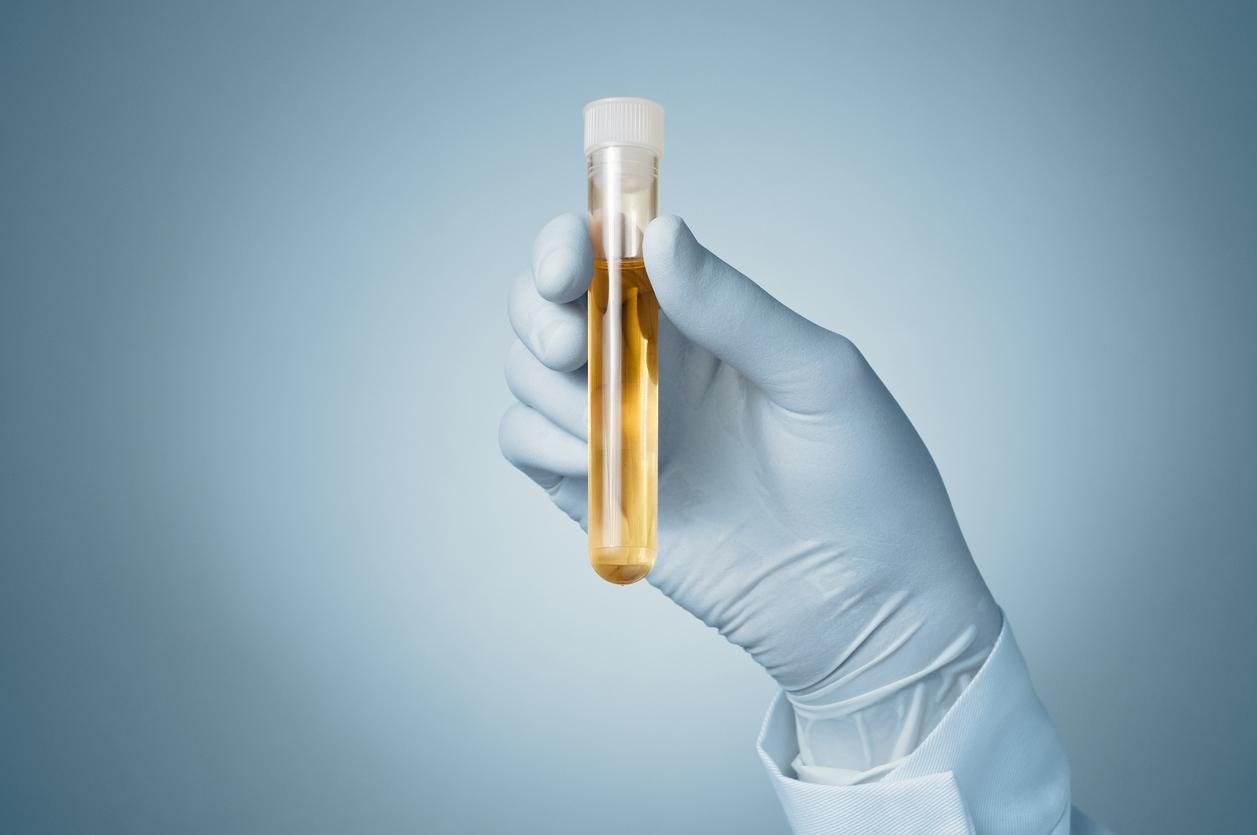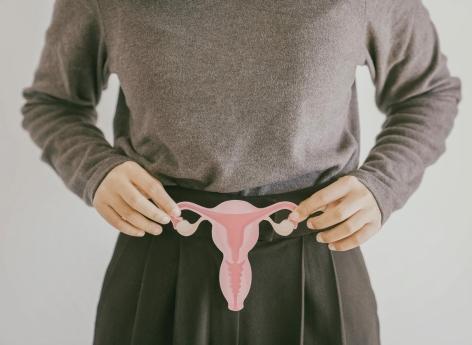Depression, abdominal and lower back pain… Women suffering from this chronic illness can present symptoms for around ten years before being diagnosed.

- Women with endometriosis presented with intestinal disorders, severe fatigue, difficulty sleeping, allergies, headaches, depression.
- Due to a tendency towards normalization, the diagnosis was made on average between seven and eleven years later after the appearance of these symptoms.
- “This delay reduces the quality of life of women, who face more doctor visits and potentially lower fertility success.”
Endometriosis has been linked to higher rates of various symptoms. For the first time, researchers from the University of Queensland (Australia) have studied the multiple manifestations of this gynecological pathology. To do this, they analyzed data from 7,606 women suffering from endometriosis, born between 1973 and 1978, as part of work published in the journal American Journal of Obstetrics and Gynecology. Patients were surveyed about their health and well-being every three years between 2009 and 2018. During each survey, they also completed a questionnaire on the presence of 24 symptoms.
Depression, anxiety, headaches: twice the risk in case of endometriosis
According to the results, participants diagnosed with endometriosis were almost four times more likely to experience severe menstrual pain and heavy, irregular bleeding than healthy women. They were also twice as likely to suffer from mental health problems, such as depression and anxiety, lower back pain and headaches. Another finding: female patients were more likely to have stiff and painful joints, suffer from allergies, hay fever, sinusitis and sleep problems.
“Women with endometriosis were more likely to have bowel symptoms, constipation, hemorrhoids, indigestion, heartburn, vaginal discharge, or irritation. The association between each symptom and endometriosis was similar, whether the disease was surgically confirmed or clinically suspected. No association was found between endometriosis and the risk of skin problems, urinary leakage or difficulty breathing.” can we read in the research.
A diagnosis delay of 7 to 11 years on average
According to the team, this wide range of symptoms, combined with a tendency towards normalization, meant that the diagnosis was made on average between seven and eleven years later. “This delay significantly reduces the quality of life of women, who face untreated symptoms, more doctor and hospital visits, and potentially lower fertility success.”reported Dereje Get, lead author of the study, in a statement. He thus highlighted the importance of early diagnosis and treatment of endometriosis to reduce the risk of associated symptoms and complications.
“More research is needed to understand how the immune system and inflammation are linked to a wide range of symptoms, which could lead to improved treatments. Women with endometriosis should be encouraged to manage their symptoms appropriately. proactively by changing their lifestyle, taking medications or undergoing surgery, to improve their quality of life and prevent further complications,” concluded Gita Mishra, co-author of the work.


















